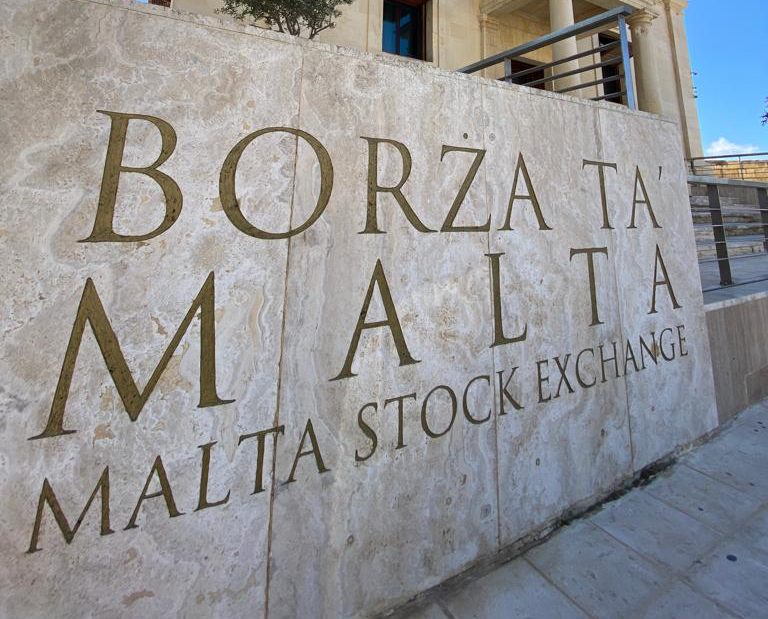Business partnerships usually get off the ground with great enthusiasm and fanfare, but the separation of such a partnership can be a source of tension, fraught with difficulty, and time-consuming. This separation process may lead to a series of stop-start negotiations and other frustrations.
In the scenario where the parties have already agreed on a valuation for their jointly-held business, cash may be the preferred means of settlement. When cash is in short supply to finance a quick exit, there are other possible means of settlement to consider for a successful buy-out.
Asset allocation
It is a common step that, throughout the exit process, the parties analyse the assets held by the company and possibly allocate assets to compensate the person exiting the business for the value of their shareholding. For example, several businesses invest in real estate and then use that property as their premises. One method of compensation is to allocate the real estate to the exiting owner and enter into a back-to-back agreement whereby the company leases the property back from the exiting owner for a specified number of years at an agreed rental rate. This method can also be feasible with certain plant and machinery.
In service-related businesses it is often noted that, subject to agreement with their clients, the exiting party may seek to retain the clients that they are regularly in contact with, and any difference in value of those clients being compensated with a payment.
Loan structure
A private loan agreement can be created whereby the exiting owner finances the acquiring owner’s share acquisition by providing a loan to the acquiring owner. Such agreements would incorporate the essential safeguards for the exiting owner and include the payment of interest and the imposition of penalties should there be delayed payments.
Royalty payments
On the basis of the business’s current, and forecast, success, the owners may come to an agreement that the exiting owner is due a percentage of every sale that the company makes until full settlement is effected for the acquired shareholding.
Conclusion
Whilst every deal structure has its own characteristics, all agreements need an element of trust to ensure that the exiting party will be fairly and fully compensated for the transfer of their shareholding. Furthermore, one needs to pay attention to the legal details of such a deal, and the tax considerations, in particular that tax will be due even on a non-cash transaction.
In addition, keep in mind that this process does take time, and can be psychologically draining on both parties. Thus, it is recommended that, at an early stage, you consult with an experienced expert in the matter, such as idisav.
Reinventing the single market: Strategic vision and bold reforms for Malta and Europe
Proposed reforms present significant opportunities and formidable challenges for our small island nation
The equity market in pre-COVID times
Investor sentiment has evidently failed to recover from the series of shocks since the start of 2020
Interest rate divergence ahead?
Inflation is falling faster than forecast in Europe, while exceeding expectations in the US







